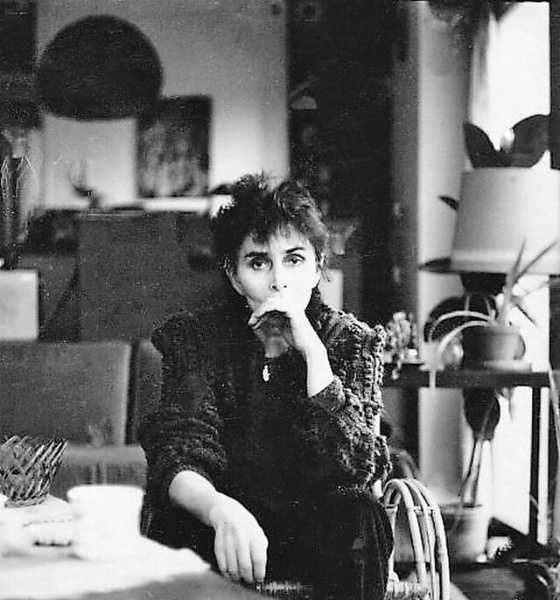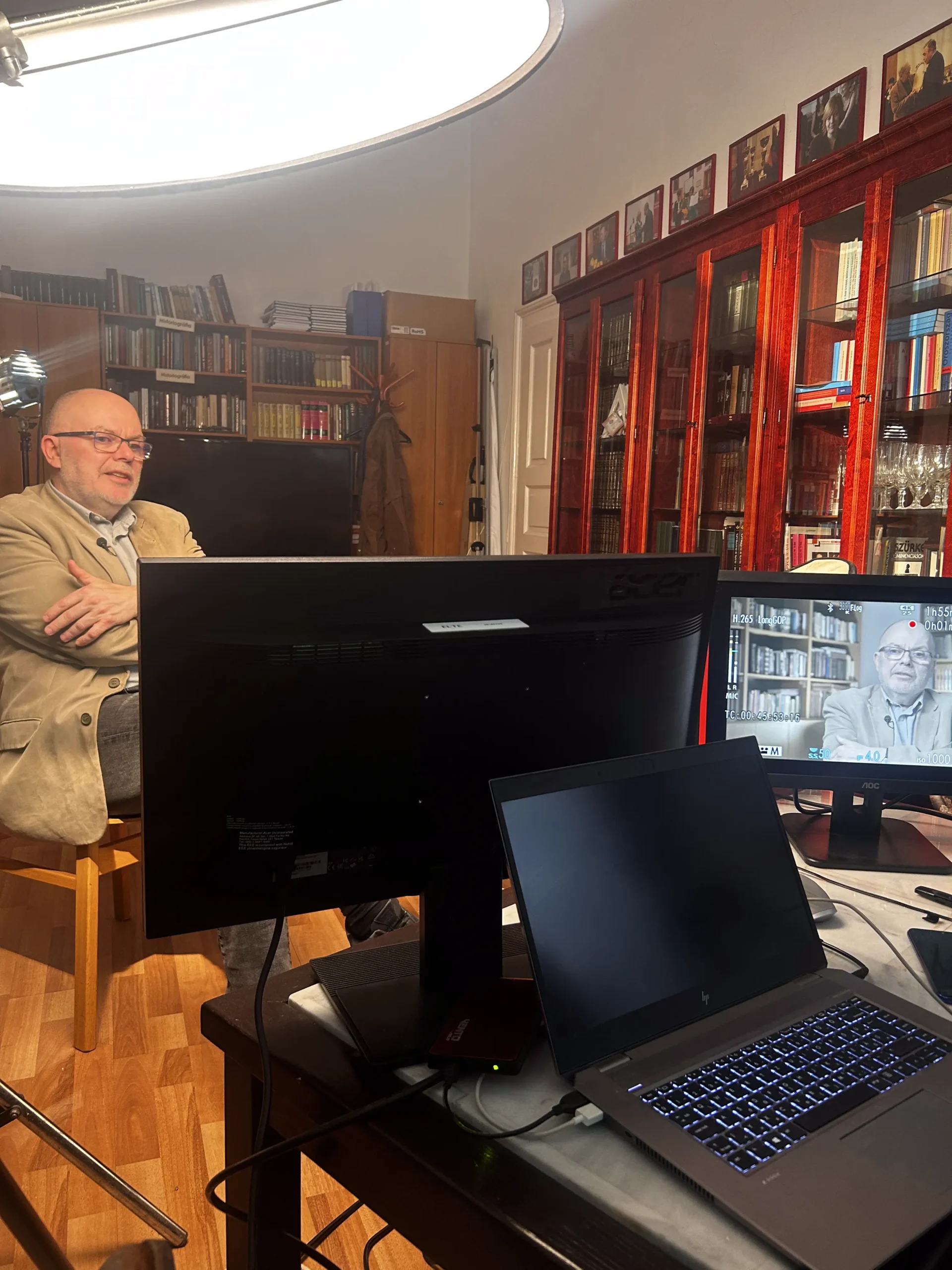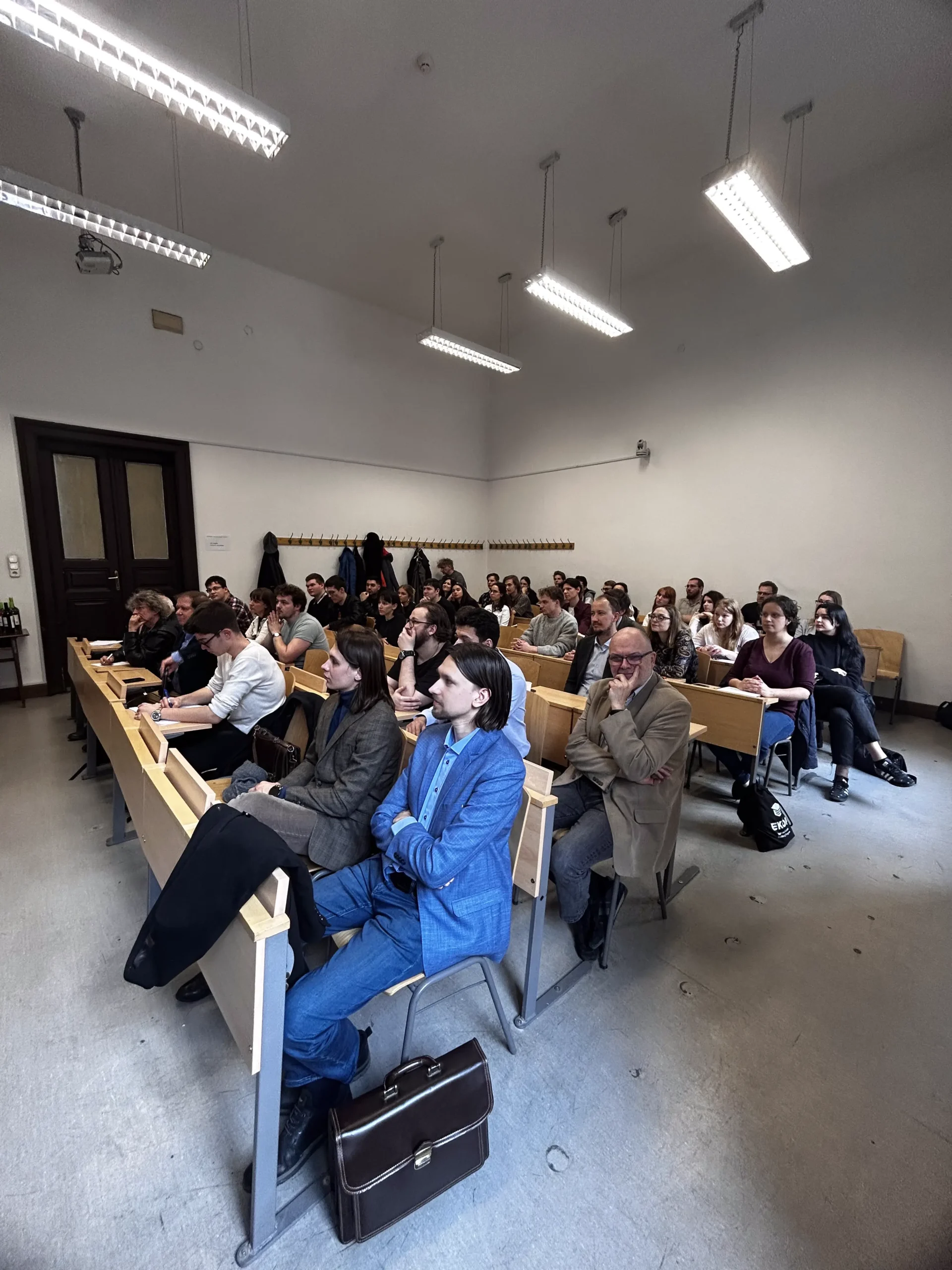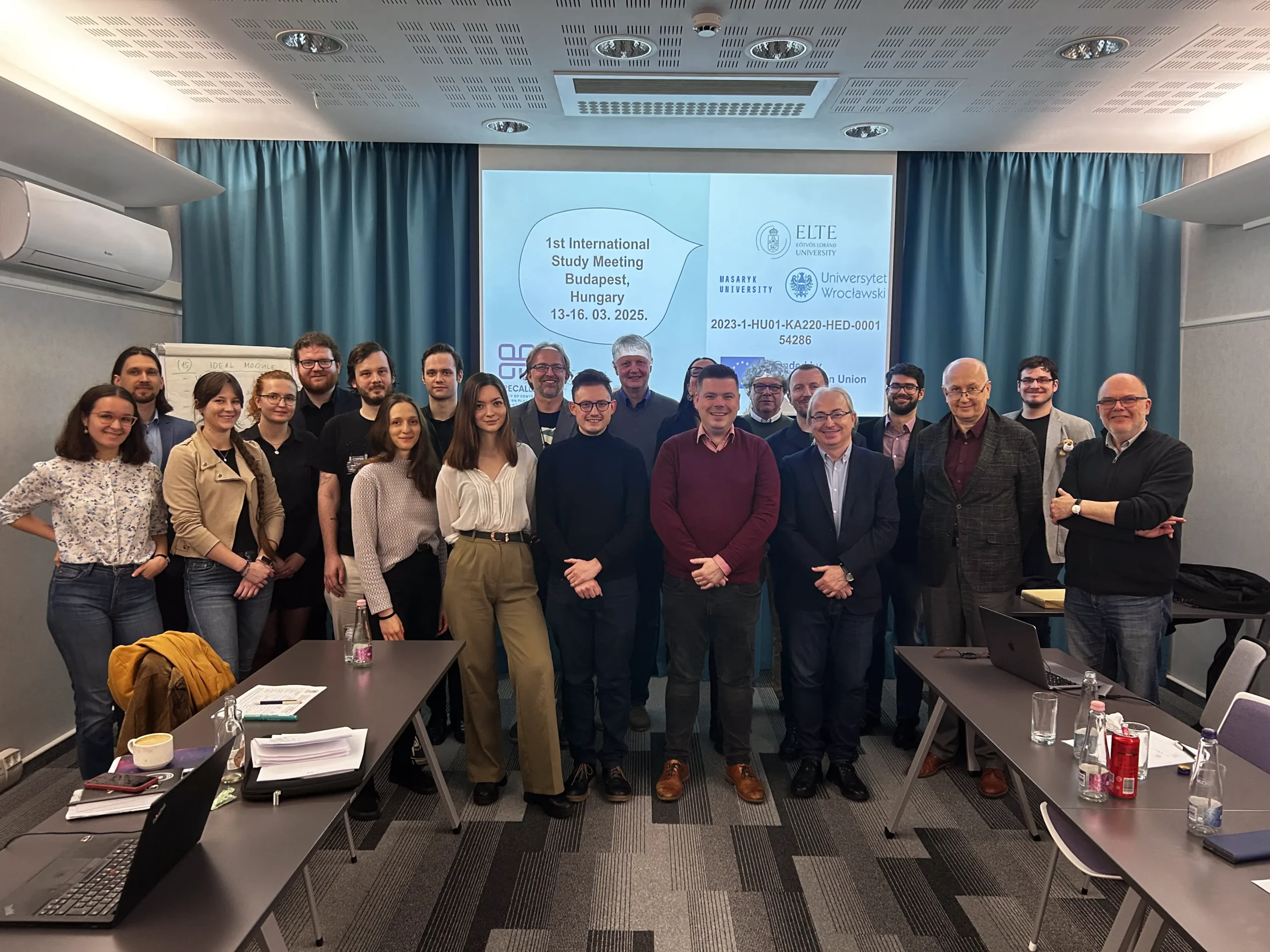Feminism in culture – Věra Chytilová – Praha, Villa of Věra Chytilová
Fact of the Czech figure „Suffrage movement”
Part of the „The emancipation of women” topic
Despite the legal equality guaranteed by the 1948 Constitution, women in Czechoslovakia still faced unequal conditions. During the era of Czechoslovak state socialism, when certain women’s organizations were restricted and public discussions on women’s emancipation were inhibited, critiques of gender stereotypes and the unequal status of women shifted to the cultural realm. A prominent figure in feminist creative expression in the second half of the 20th century was director Věra Chytilová.
Born in Ostrava and a leading figure of the Czechoslovak “New Wave,” Chytilová’s expressive films portrayed womanhood both in rebellious roles (Daisies) and in more “traditional” maternal positions (Something Different). Her films often caricatured male egos, machismo (Traps) and gender stereotypes, as well as the relational struggles between the sexes (Fruit of Paradise). With The Apple Game (1976), she brought the previously taboo theme of a maternity hospital environment into the public domain.
Despite censorship, her work remained distinctive and unique within the context of Czechoslovakia’s normalised society. Although Chytilová did not consider herself a feminist, her films, in today’s historical memory, provide a rare depiction of Czechoslovak society from a woman’s perspective in the second half of the 20th century, and are regarded as examples of feminist filmmaking, even in Western European countries.





